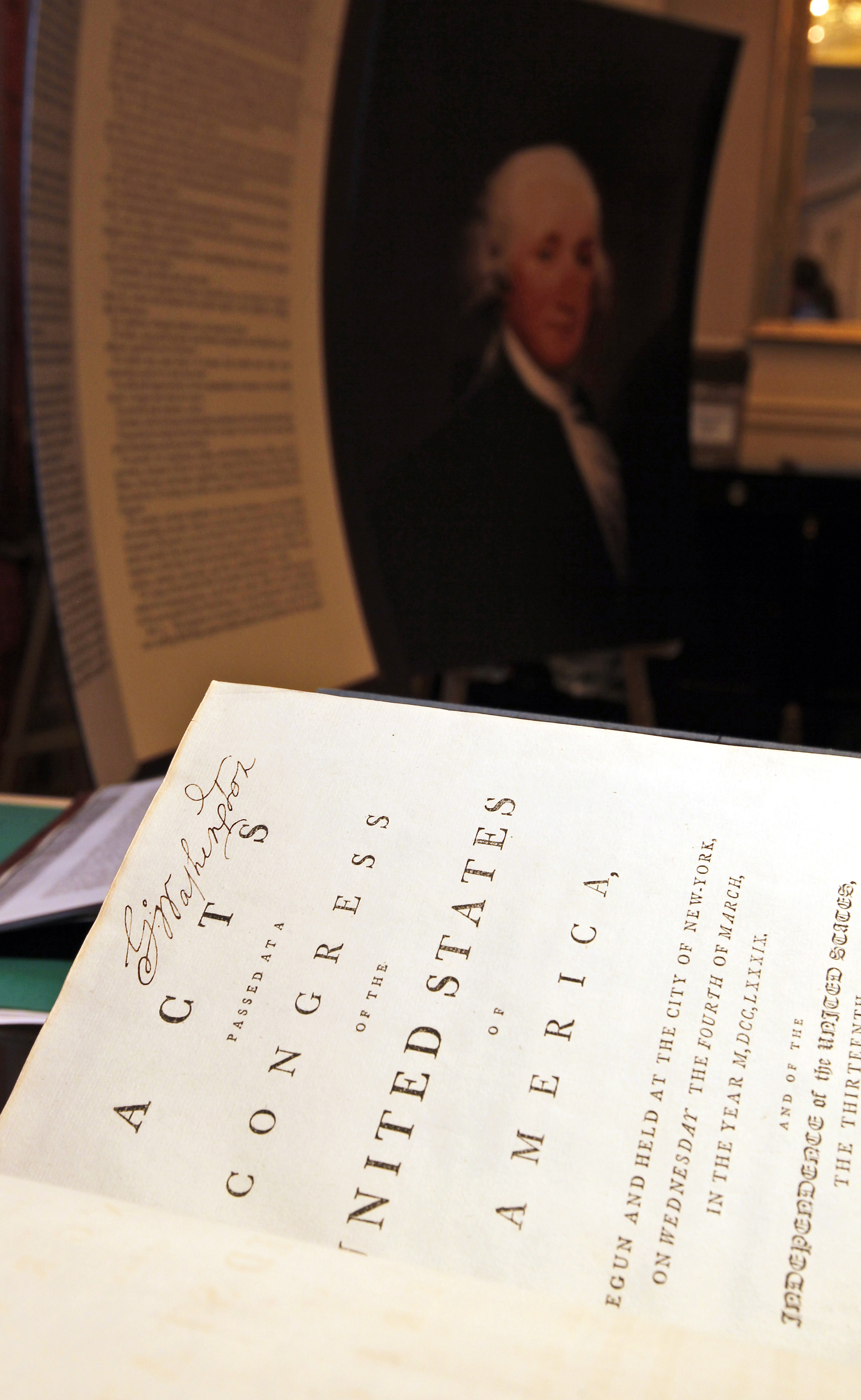Using "the swamp" as a metaphor for Washington, D.C., is cliche - but, oh, so apt.
The comparison was never more obvious than in the past week, when the Republican majority Congress passed a $1.5 trillion package of tax cuts bill that caters to its party's rich donors, to the president and to Congress members themselves.
In Trump-like self-dealing, roughly four dozen Republican House and Senate members who voted for the tax cuts bill stand to reap staggering tax windfalls thanks to a loophole that one of the recipients, Sen. Orrin Hatch, R-Utah, airdropped into the legislation during a conference committee meeting late on Dec. 15 - the same day Tennessee Sen. Bob Corker decided it was OK after all for a so-called fiscal conservative and deficit hawk to raise the nation's deficit by at least $1.46 trillion.
To hear the Republicans tell it, the monster tax cuts for the rich and the corporations will free up those "job creators" to make more jobs for us little people.
But to hear many, many major corporations tell it, they plan to put those savings into the dividends of their stockholders.
Sort of like Congress did.
Bob Corker, for instance, is a big winner: He could save as much as $1.2 million in taxes, thanks to the new loophole that reduces the tax rate on "pass-through" income derived from real estate, according to an analysis of personal financial disclosures done by the Center for Responsive Politics for CNBC. (He now hints at a fix, saying "some adjustments need to be made.")
Corker, as a beneficiary, is not alone. Altogether, 35 GOP House members, 11 GOP senators, 12 Democratic senators, and 21 Democratic House members will reap tax break windfalls, according to the analysis.
Republicans who voted for the bill included Sens. Corker, Lamar Alexander, R-Tenn., and Johnny Isakson, R-Ga., as well as Reps. Diane Black and Marsha Blackburn of Tennessee and Tom Graves of Georgia. The GOP lawmakers who voted for the bill had combined real estate assets eligible for pass-through treatment of as much as $390 million in 2015, according to the center's analysis. (Not one Democrat voted for the bill but the rich ones will benefit mightily, as well).
And what's the trade-off for the rest of us?
After a year or two of very small tax cuts for some of us, by 2027, lower- and middle-income Americans will lose those cuts and in all likelihood actually pay more in taxes.
Long before that, programs such as Medicare, flood insurance and food stamps will be on the cutting table.
After all, those deficit hawks will have to close the hole in our nation's wallet - the hole created by their own legislation that put more money in their pockets.
But this swamp didn't get fetid by itself.
We helped. We voted in these pick-pockets. And we allowed ourselves to stop listening and learning how our systems of government work - or at least how they are supposed to work.
While President Trump tweets that the "fake news" media is "working overtime" to "only demean" tax cuts that he says are "the biggest in history" and claims that news outlets critical of him should be banned, 37 percent of Americans can't name any of the rights protected by the First Amendment, according to a recent survey by the Annenberg Public Policy Center at the University of Pennsylvania.
Hint: One of these rights is freedom of speech.
And while Trump carries on about bringing back Christmas, it's important to remember that another First Amendment right is freedom of religion.
The Annenberg survey also found that only one in four Americans can name all three branches of government. One in three can't name any.
Hint: Congress is the legislative branch. The other two branches are judicial (courts) and executive (the president).
But if so many of us are so poorly informed, it's no wonder these swamp creatures in Washington can so easily fleece us.
And we're helping.
Newsday reported last week that between 2001 and 2007, 36 percent of American school districts decreased focus on social studies and civics. The result, according to the National Center for Education Statistics, was that by 2006, just 27 percent of 12th graders were proficient in civics and government.
But it got worse. In 2011, all federal funding for civics was eliminated. (Guess we had to start early to help the rich get richer.) By 2012, only nine states tested students for basic civics understanding as a prerequisite for high school diplomas.
A 2017 assessment by the National Education Association sums up the problem: Civics education in America is skin deep, seldom reinforced and altogether inadequate, Newsday states.
When a large percentage of our population doesn't know the basic foundations of our democracy, we are less likely to hold elected leaders accountable, and more likely to abandon established principles, Newsday noted
What we don't know can hurt us. In fact, it already has.

